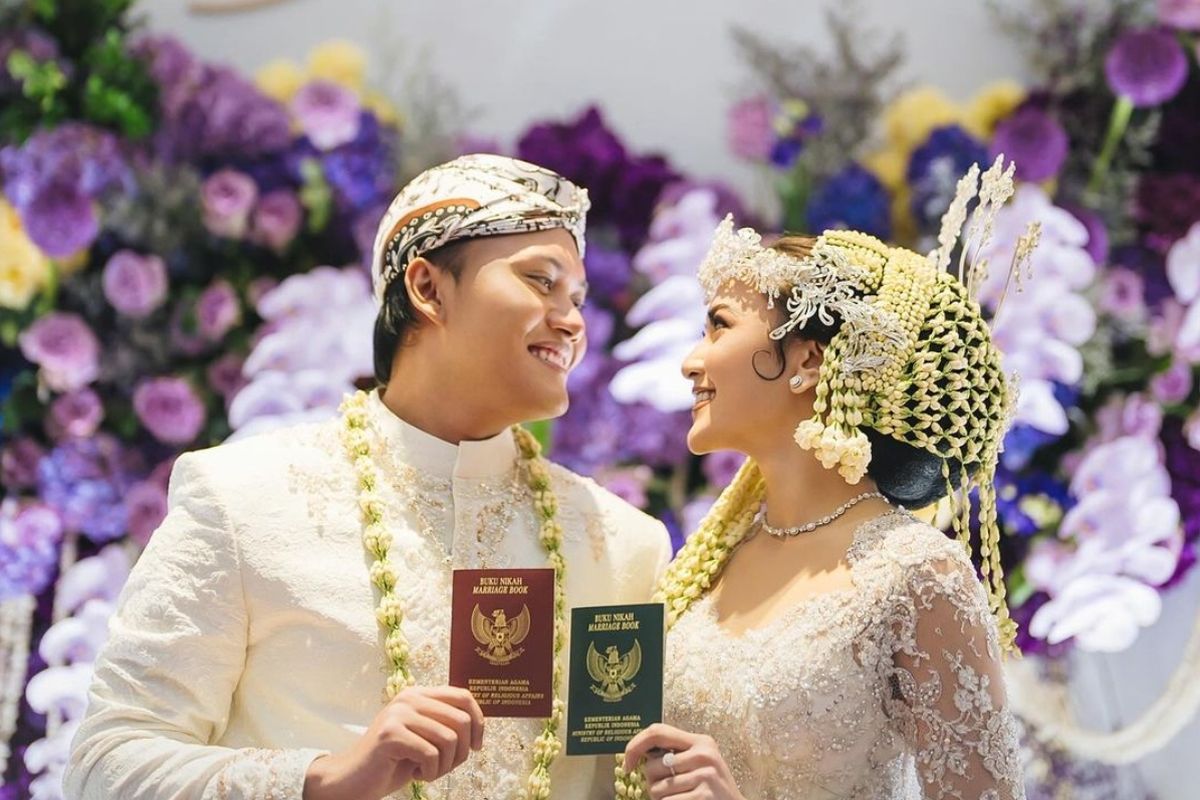Indonesia, a vast archipelago of over 17,000 islands, boasts a rich tapestry of cultures and traditions. This diversity is beautifully reflected in the country’s approach to marriage, particularly when it comes to the question: “Kapan Mahalini Menikah?” (When will Mahalini get married?).
While societal expectations and family pressures can sometimes loom large, the modern Indonesian woman is increasingly embracing a more relaxed and independent approach to marriage. This article explores the evolving landscape of marriage in Indonesia, focusing on the changing attitudes towards age, career, and personal fulfillment.
The Traditional Perspective: Age and Family Pressure
Traditionally, marriage in Indonesia has been closely tied to age. For women, there’s often an unspoken pressure to settle down before reaching a certain age, often considered “late” by societal standards. This pressure stems from various factors, including:
Family Expectations: In many Indonesian families, marriage is seen as a crucial milestone, a symbol of societal acceptance and fulfillment for both the woman and her family.
The Rise of Independent Women: Career and Personal Fulfillment

In recent years, a significant shift has occurred in the attitudes of Indonesian women towards marriage. Increasingly, women are prioritizing their education, careers, and personal growth before committing to marriage. This is driven by several factors:
Improved Educational Opportunities: With greater access to education and career opportunities, women are now more empowered to pursue their professional goals and ambitions.
The Modern Indonesian Woman: Balancing Tradition and Individuality
The modern Indonesian woman is navigating a complex landscape, balancing the expectations of her family and society with her own desires for personal fulfillment. This often involves:
Delayed Marriage: Many women are choosing to delay marriage to focus on their education, careers, and travel experiences.
The Role of Technology in Shaping Marriage
Technology has significantly impacted the dating landscape in Indonesia, offering new avenues for meeting potential partners. Online dating platforms and social media have become increasingly popular, providing a platform for individuals to connect with people who share similar interests and values.
However, the rise of technology has also brought new challenges, such as concerns about online safety and the potential for cyberbullying.
The Importance of Open Communication
Open and honest communication is crucial for navigating the complexities of marriage in modern Indonesia.
Communication with Family: Open communication with parents, siblings, and other family members is essential to bridge the gap between traditional expectations and individual aspirations.
Breaking Free from Societal Pressure
While societal pressure can sometimes be overwhelming, it’s crucial for Indonesian women to remember that they have the right to choose their own path.
Prioritize Self-Love: Prioritizing self-love and self-acceptance is essential for navigating the pressures of societal expectations.
The Future of Marriage in Indonesia
The future of marriage in Indonesia is likely to be characterized by continued evolution. As societal values continue to shift and women gain greater economic and social empowerment, we can expect to see further changes in the way Indonesians approach marriage.
Increased Focus on Equality: A greater emphasis on equality and shared responsibilities within marriage is likely to emerge.
Conclusion
The question of “Kapan Mahalini Menikah?” (When will Mahalini get married?) is no longer a straightforward one in modern Indonesia. While tradition still plays a significant role, the increasing empowerment of women, coupled with evolving societal values, is leading to a more relaxed and individualized approach to marriage.
By prioritizing their education, careers, and personal growth, modern Indonesian women are charting their own paths, breaking free from traditional constraints, and embracing a future where marriage is a choice based on love, companionship, and shared values rather than societal pressure.
This article provides a glimpse into the evolving landscape of marriage in Indonesia, highlighting the challenges and opportunities that lie ahead for the modern Indonesian woman. By fostering open communication, embracing individuality, and building strong support systems, Indonesian women can navigate the complexities of marriage while remaining true to themselves and their aspirations.


.png?w=200&resize=200,112&ssl=1)


